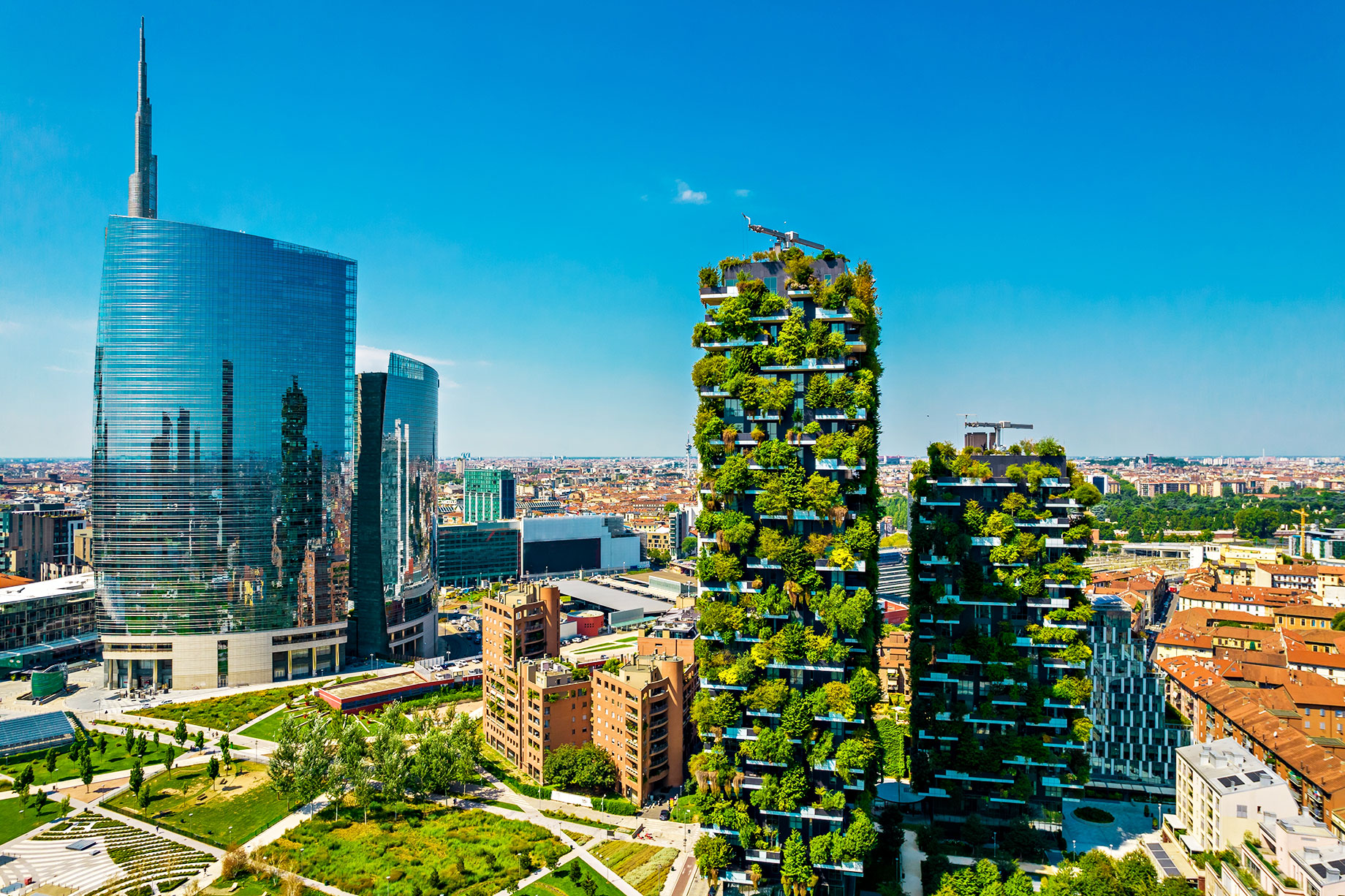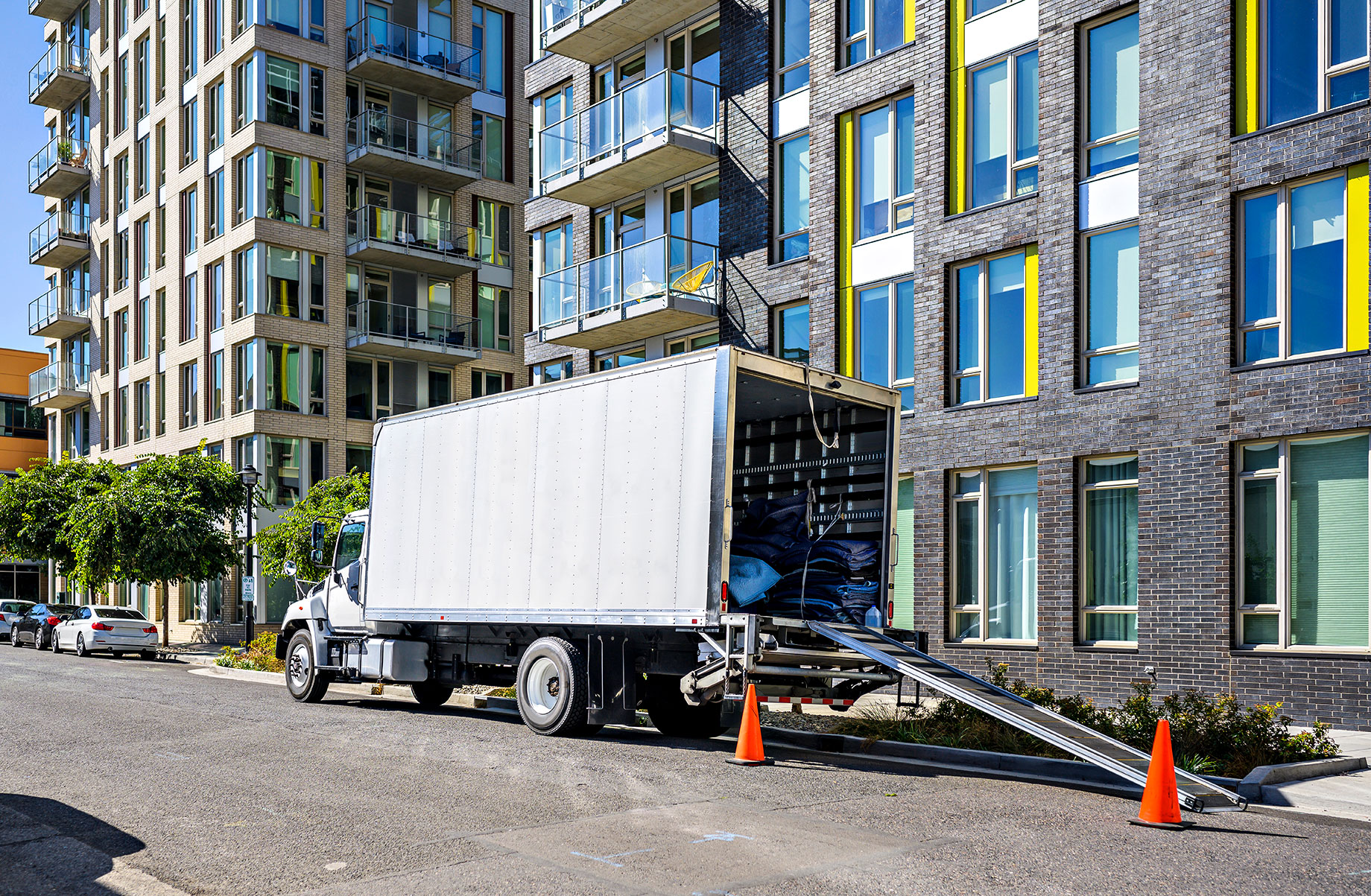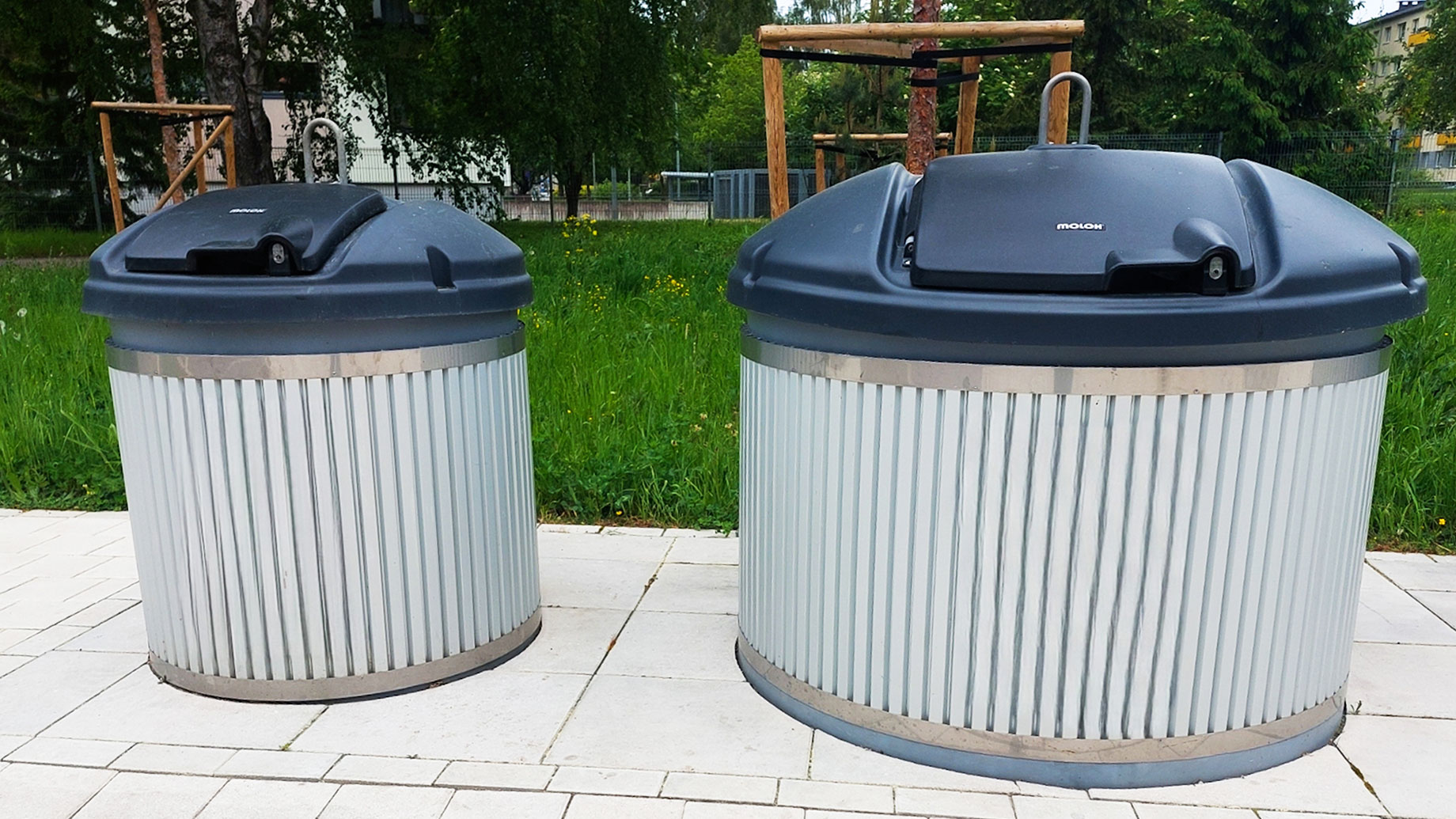
Modern cities are vibrant hubs of activity, innovation, and diversity. However, they are also facing unprecedented challenges that require thoughtful and innovative solutions. The rapid growth of urban populations, coupled with the rising demands for resources and services, has made it crucial for cities to adopt smarter ways of living and managing their environments. The concept of smart cities, which has evolved since the 1990s, seeks to address these issues by leveraging technology to enhance operational efficiency and sustainability.
ICT and IoT technologies lie at the core of smart city initiatives, facilitating the seamless integration of various city operations. By enabling real-time data collection and analysis, these technologies improve public services, infrastructure, and overall quality of life for residents. Smart city solutions also drive economic growth by creating job opportunities and fostering technological innovation.
The Importance of Efficient Relocation Services in Growing Cities

The constant ebb and flow of urban migration presents a significant challenge for cities worldwide. As populations grow and shift, the need for reliable and efficient relocation services becomes ever more critical. Efficient relocation services are vital for accommodating new residents and minimizing the disruptions caused by population shifts. Streamlining the moving process ensures smoother transitions for people, individuals, and families, thereby enhancing urban living.
Effective relocation services play a crucial role in managing housing demands, which in turn supports economic growth and sustainability. Reducing traffic congestion and environmental impacts associated with frequent relocations helps cities meet environmental objectives while they provide necessary housing solutions. For instance, Find a Mover’s removalists servicing Melbourne exemplify dependable relocation support, offering services that prioritize efficiency and sustainability.
Advancing Infrastructure Through Smarter Street and Road Systems
Infrastructure planning is a cornerstone of urban development, impacting both safety and accessibility. Implementing smarter street and road systems is paramount in the context of smart cities. Utilizing advanced technologies, these systems improve traffic management, enhance road safety, and support the overall design of urban environments. One key aspect of this is the use of clear, durable road markings that maintain safety standards and facilitate efficient transportation.
Innovative road marking solutions play a critical role in smart city projects. These solutions not only ensure that roads are safe for all users but also support the integration of intelligent infrastructure. Digital twins and IoT technologies, for instance, can monitor and manage traffic in real-time, optimizing traffic signals and routes based on predictive modeling. This not only enhances safety but also improves the efficiency of urban transit systems.
Real-world urban projects have demonstrated the effectiveness of these innovative approaches. By implementing smarter street and road systems, cities can reduce traffic congestion, lower carbon emissions, and create more sustainable transportation networks that work. Meeting the demands of growing urban populations and ensuring cities remain livable and accessible is essential.
Building Sustainable Waste and Disposal Practices

Waste management is a pressing issue in densely populated urban areas. As cities grow, the amount of waste generated increases, posing significant challenges for disposal and recycling services. Sustainable waste management practices are essential for creating cleaner, greener cities. These practices not only help reduce environmental impacts but also promote a healthier living environment for residents.
Responsible disposal and recycling services are key components of sustainable waste management. By implementing efficient systems for sorting, collecting, and processing waste, cities can minimize the amount of waste that ends up in landfills and reduce their overall environmental footprint. Disposal service Singapore for example exemplifies efficient urban disposal systems, demonstrating how innovative approaches can significantly improve waste management.
Building sustainable waste management practices requires a comprehensive approach that involves both public education and technological innovation. Cities must educate residents on the importance of recycling and proper waste disposal while also investing in advanced technologies that can streamline these processes. This approach makes urban environments more sustainable and resilient, contributing to the overall well-being of their communities.
Technology and Innovation Driving Urban Services
The transformative power of technology and innovation is reshaping urban services in profound ways. Automation, digital platforms, and innovative materials are revolutionizing the delivery of essential services in smart cities. From booking systems to AI-driven logistics, these advancements are becoming a change enhancing the quality of life in urban environments.
Digital twins, for instance, create virtual representations of urban systems, allowing for real-time monitoring and decision-making. This technology is particularly impactful in traffic management, where it enables the optimization of traffic signals and routes based on predictive modeling. IoT technologies also significantly improve resource management by optimizing energy and water usage in urban infrastructure.
Public safety is another area where technology is making a significant impact. Comprehensive urban monitoring systems enhance emergency response planning, ensuring that cities can effectively respond to crises. Smart city initiatives also promote greater accessibility by implementing technologies catering to individuals with varying physical abilities. These innovations not only improve urban living but also create new job opportunities in emerging industries such as data analytics and urban technology solutions.
Global Lessons and Shared Best Practices
Cities worldwide can learn valuable lessons by adopting proven methods in mobility, infrastructure, and sustainability. Successful smart city projects necessitate:
- A clear vision and strategic planning
- Emphasis on defined goals and stakeholder engagement
- Effective utilization of various data sources to enhance decision-making and urban management
These elements lead to more efficient and responsive urban environments like to get better low rise high results.
Sustainability and resilience are pivotal in smart city projects. Focusing on eco-friendly practices and climate adaptability ensures that cities can withstand environmental challenges while minimizing their carbon footprint. Engaging citizens through digital platforms can also improve public services and foster community participation, making urban areas more inclusive and livable.
Cross-industry collaboration is essential for creating more livable urban spaces across the globe. Public-private partnerships, in particular, play a crucial role in acquiring the necessary expertise and resources for smart city investment development. By working together on a project, governments, businesses, and communities can achieve greater innovation and efficiency in urban planning and management.
Conclusion
The interconnected role of relocation, infrastructure, and disposal services in shaping modern cities cannot be overstated. As urban populations grow, the need for efficient and sustainable solutions becomes increasingly critical. Smart cities combine advanced technologies and data to enhance efficiency, connectivity, and sustainability in urban environments, addressing the challenges of urbanization effectively.
Intelligent infrastructure and data-driven decision-making are pivotal for creating resilient and adaptable cities. Sustainable practices aim to minimize environmental impacts while enhancing community resilience, ensuring that urban spaces remain vibrant and livable. Improving public services and making them more accessible allows smart cities to better meet the needs of their residents.
Looking forward, the continued integration of technology and innovation in urban planning will redefine how we live and interact with our environments. The goal of smart cities is to create urban spaces that meet both current and future needs, fostering a higher quality of life for all residents. As we embrace these advancements, the potential for creating more sustainable, efficient, and livable cities becomes a tangible reality.
Frequently Asked Questions
What is a smart city?
A smart city leverages technology and data to improve living standards, enhance operational efficiency, and foster sustainability. This approach creates a more connected and efficient urban environment for all residents.
Why are efficient relocation services important in growing cities?
Efficient relocation services are essential in growing cities as they accommodate new residents smoothly, minimize disruptions, and promote economic growth. This fosters a sustainable and vibrant community.
How do smart street and road systems improve urban living?
Smart street and road systems significantly enhance urban living by optimizing traffic flow, increasing road safety, and contributing to better urban design. These technologies create a more efficient and secure environment for residents.
What role does technology play in waste management?
Technology is crucial in waste management as it optimizes sorting, collecting, and processing, ultimately minimizing environmental impact. Embracing these advancements is essential for sustainable waste solutions.
How can cities learn from each other in developing smart city projects?
Cities can significantly enhance their smart city projects by sharing successful strategies in mobility, infrastructure, and sustainability. Engaging in cross-industry collaboration fosters innovation and helps create more livable urban environments.